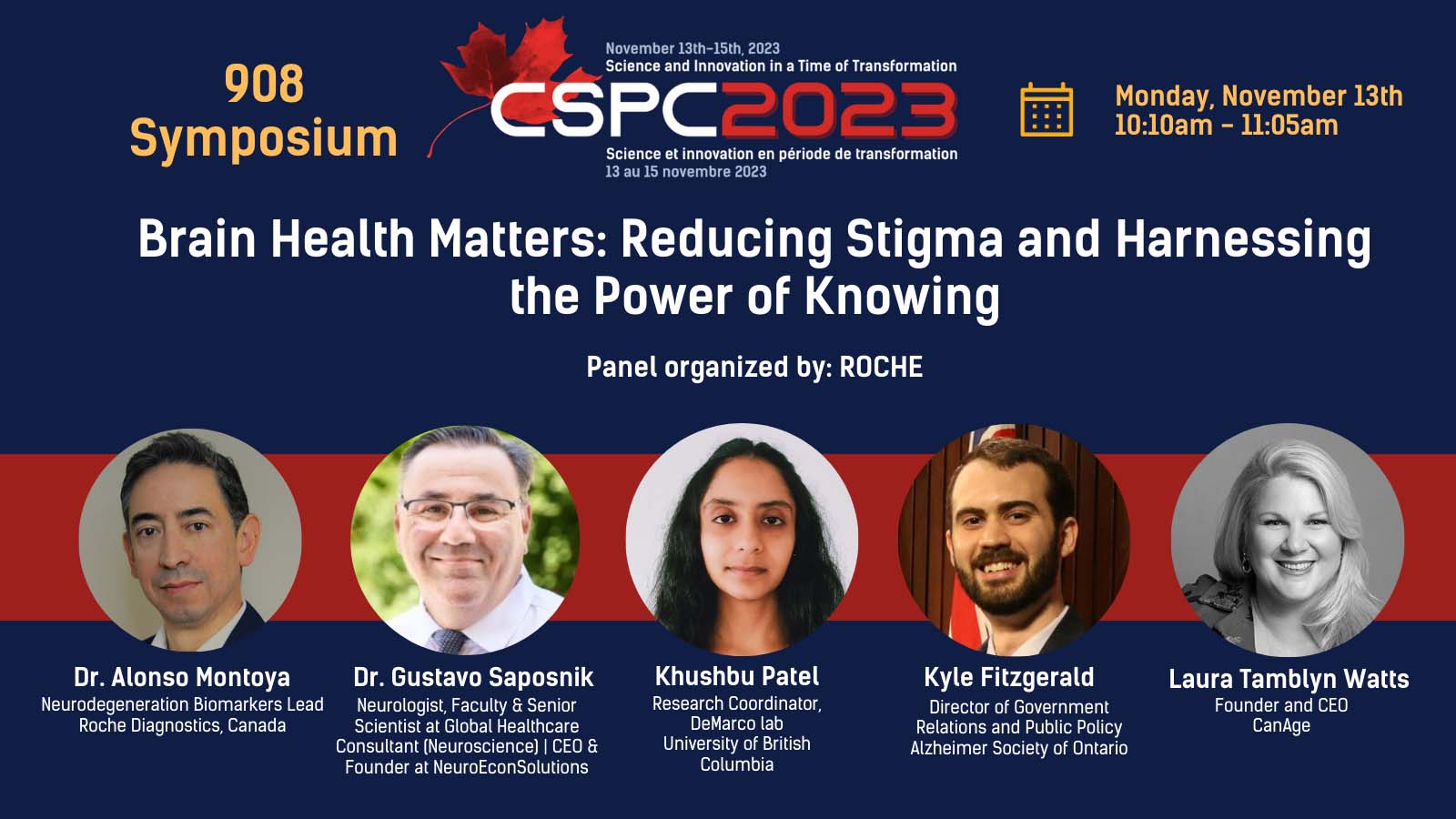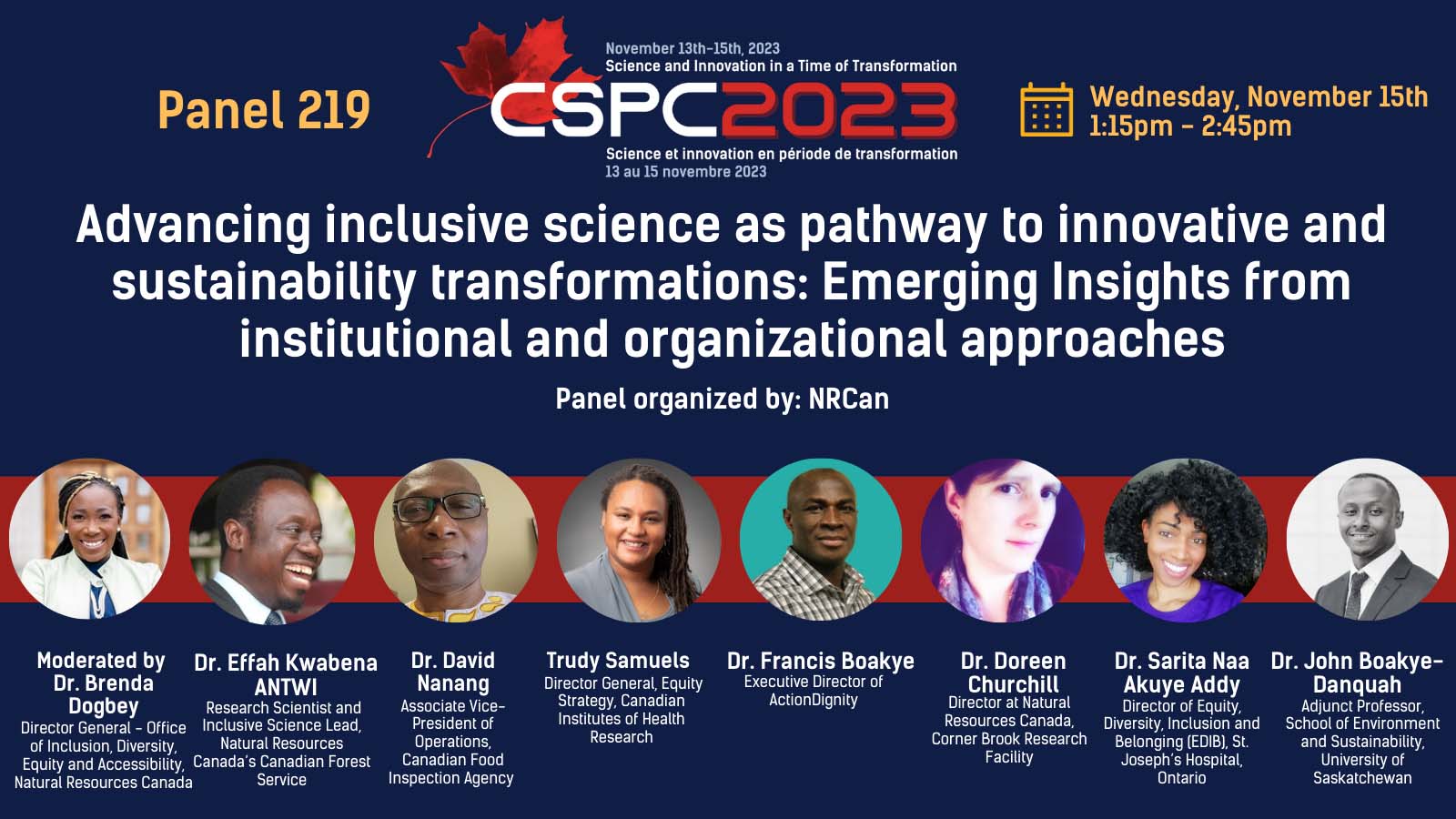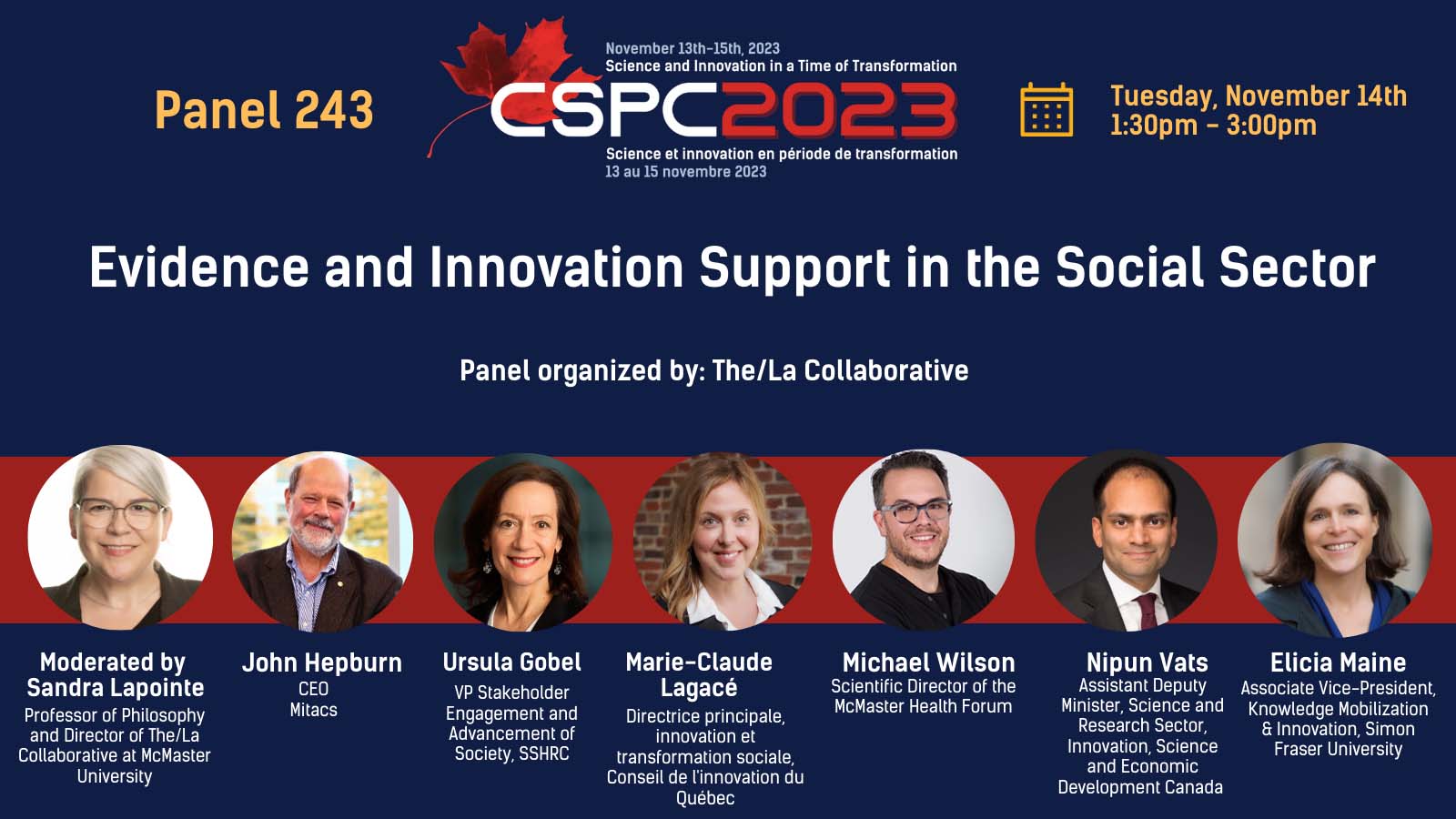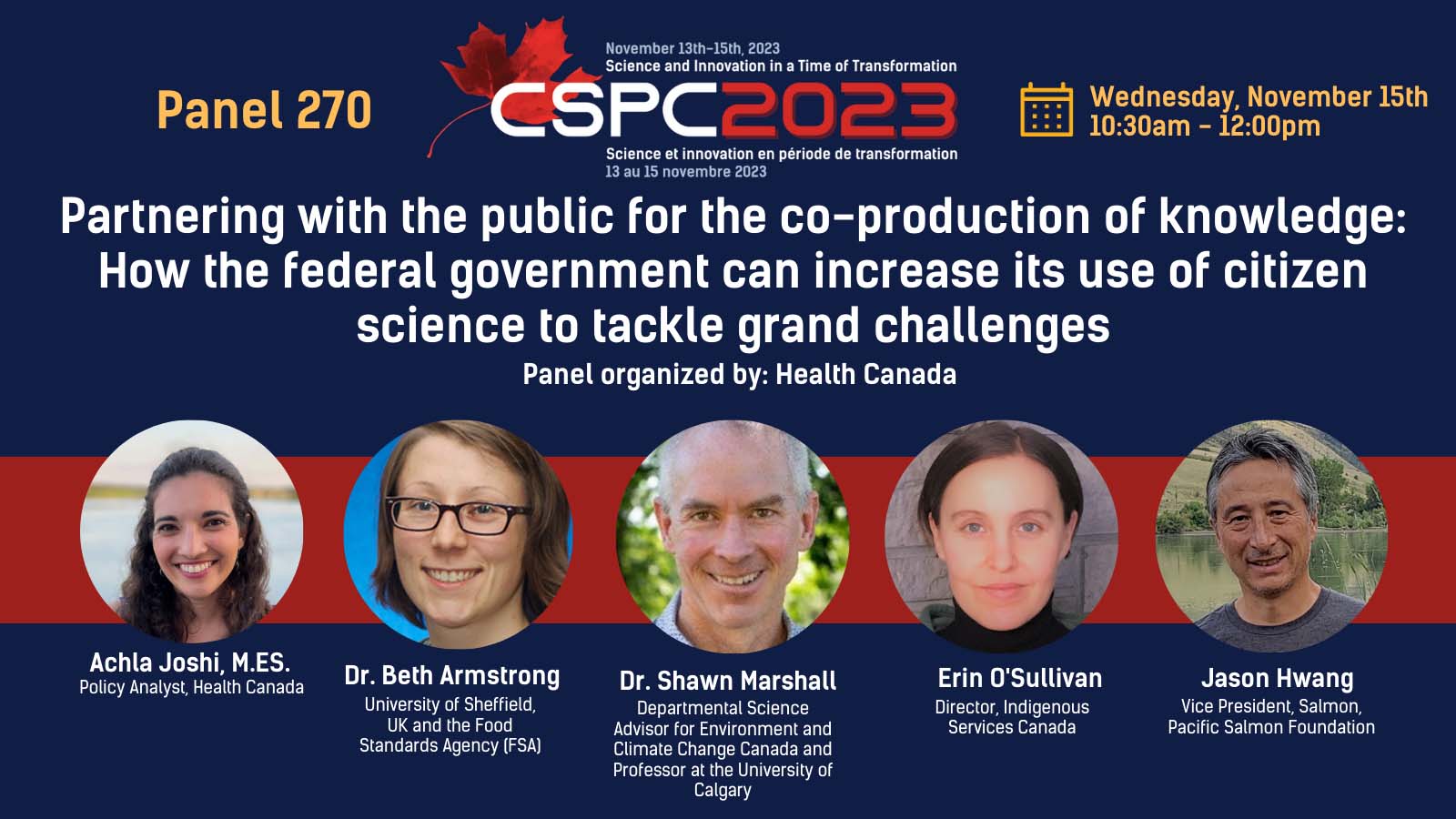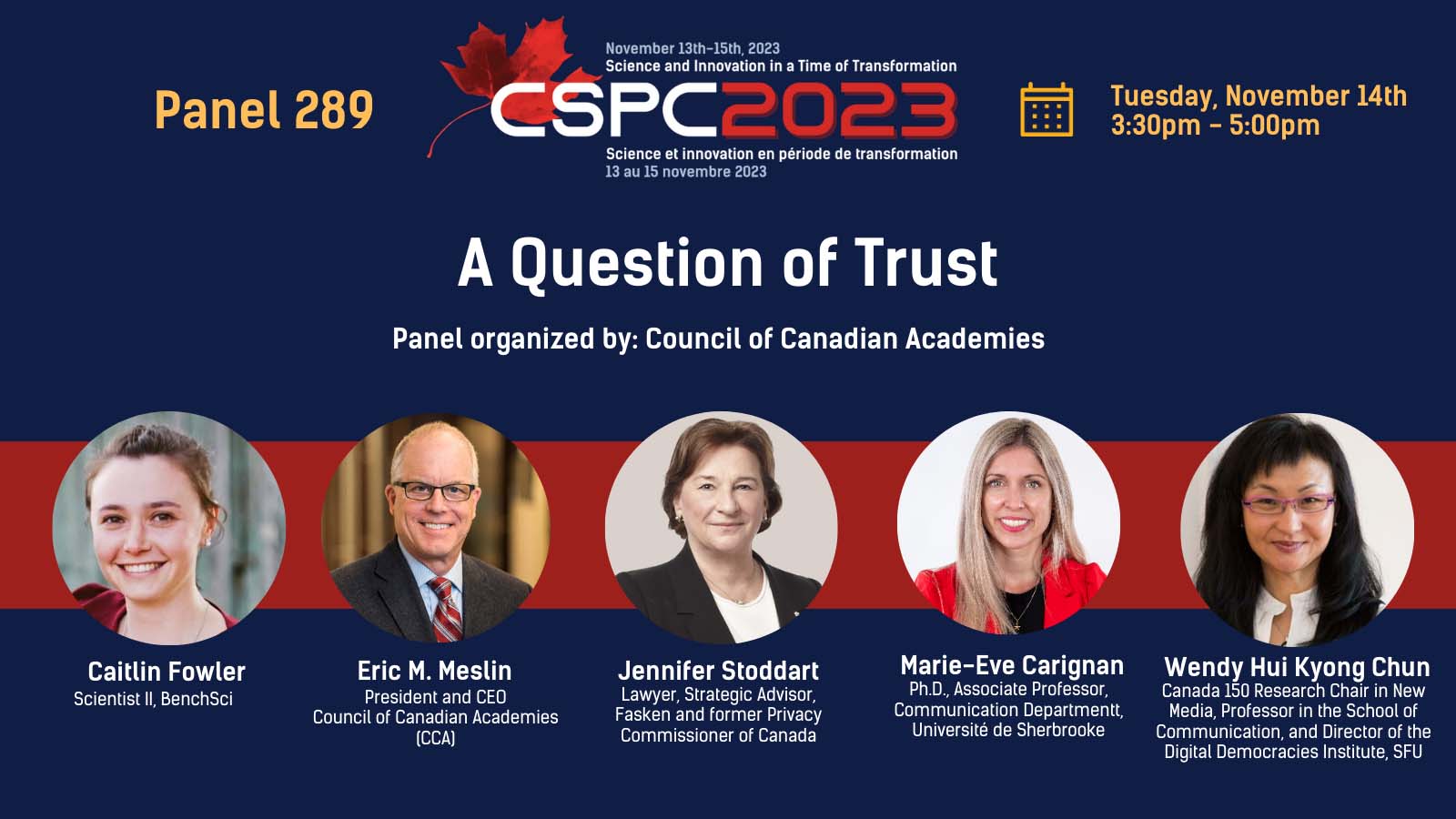2023 Conference – Science and Society
Canadian Science Policy Centre
1595 16th Avenue, Suite 301
Richmond Hill, ON
L4B 3N9
E-mail:
[email protected]
Subscribe to the Canadian Science Policy Conference newsletter to keep up-to-date with the latest news, events and programs.
The Innovation Policy Award
Innovation Policy refers to policies and public strategies, regulations, and initiatives aimed at promoting the development, diffusion, and application of new ideas, technologies, products, and services. It seeks to enhance capacity for innovation to drive economic growth, competitiveness, and social well-being. Innovation policy encompasses support for research and development (R&D), entrepreneurship and education, digital infrastructure, social innovation and collaboration between industry, academia, and government.
The Science for Policy Award
Science for Policy refers to the use of scientific knowledge, evidence, and expertise to inform and support decision-making in public policy. It involves translating complex scientific research into accessible insights that can guide the development, implementation, and evaluation of policies across various sectors, including (but not limited to) health, environment, technology, security, education, justice. Science for policy emphasizes evidence-based policymaking, where decisions are grounded in reliable data and research and knowledge rather than opinion or ideology.
The Policy for Science Award
Policy for Science refers to the set of governmental policies or institutional strategies, decisions, and frameworks that shape the funding, priorities, infrastructure, and governance of scientific research and development. It involves creating conditions that support scientific innovation, including investments in research institutions, training of scientists and development of science infrastructure, research integrity, EDIA, and international collaboration, ultimately aiming to strengthen the scientific enterprise to advance knowledge,economic development, and societal well-being.
Science for Policy
Science for Policy refers to the use of scientific knowledge, evidence, and expertise to inform and support decision-making in public policy. It involves translating complex scientific research into accessible insights that can guide the development, implementation, and evaluation of policies across various sectors, including (but not limited to) health, environment, technology, security, education, justice. Science for policy emphasizes evidence-based policymaking, where decisions are grounded in reliable data and research and knowledge rather than opinion or ideology.
Science & Society Award
Science & Society refers to areas that strengthen public understanding and engagement with science, including the relationship between science and society. This includes but is not limited to science communication, education, journalism, public engagement, and citizen science and more.


